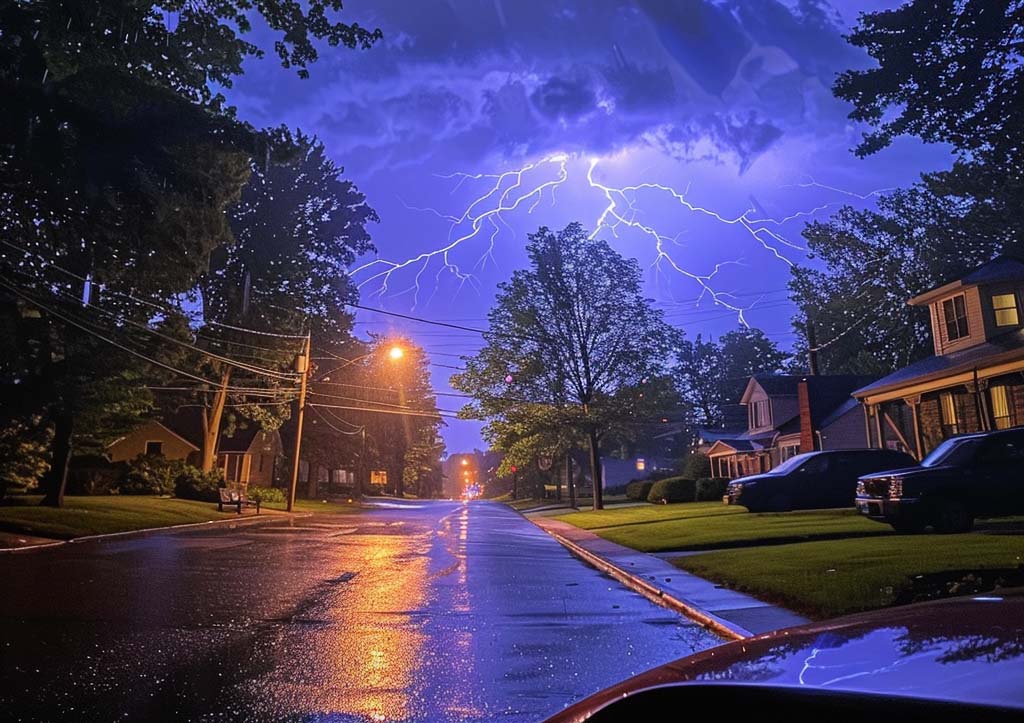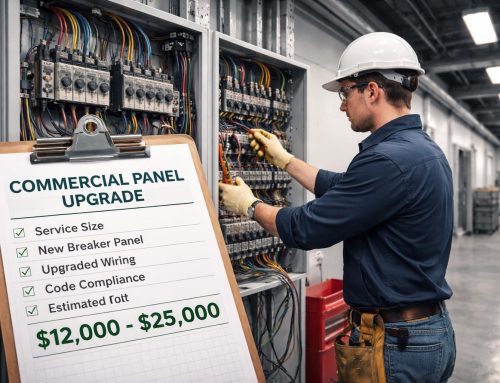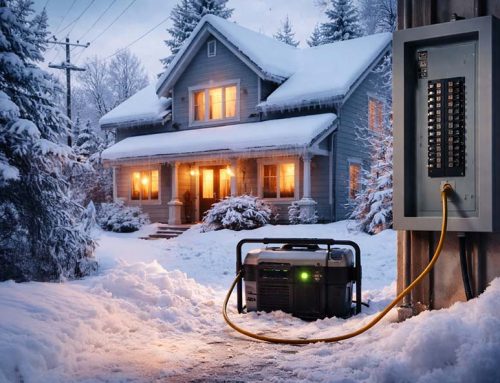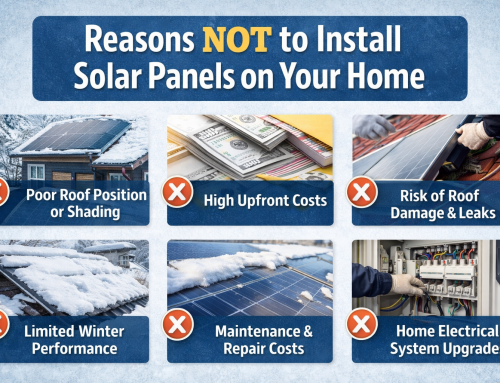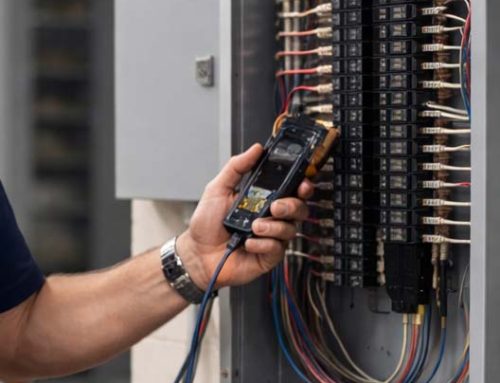Storms can bring a range of dangers, including electrical hazards that pose significant risks to both property and personal safety. By taking proactive steps, you can minimize these risks and protect yourself and your home. Here are some essential tips to stay safe from electrical hazards during a storm:
1. Unplug Electrical Devices
One of the simplest and most effective ways to protect your devices and home from electrical surges caused by lightning strikes or power outages is to unplug all non-essential electrical appliances. This includes computers, televisions, kitchen appliances, and other electronic devices. Unplugging them reduces the risk of damage and potential fire hazards.
2. Use Surge Protectors
For devices that must remain plugged in, ensure they are connected to quality surge protectors. Surge protectors help absorb excess voltage from lightning strikes or power surges, preventing damage to your electronics. Consider investing in whole-house surge protection for comprehensive coverage.
3. Avoid Using Electrical Devices
During a storm, avoid using electrical devices and appliances that are plugged in. Lightning can strike your home’s electrical system, causing dangerous power surges. Using wired devices during a storm increases the risk of electrical shock.
4. Stay Away from Water Sources
Water is an excellent conductor of electricity. Avoid using water-based appliances such as dishwashers, washing machines, and sinks during a storm. Additionally, steer clear of plumbing fixtures, as lightning can travel through pipes and cause shocks.
5. Stay Indoors and Avoid Electrical Conductors
The safest place during a storm is indoors. Avoid standing near windows and doors, and refrain from touching electrical conductors such as metal pipes, electrical appliances, and wired telephones. If you are outside, seek shelter immediately in a sturdy building or a car with a metal roof and sides.
6. Install Ground Fault Circuit Interrupters (GFCIs)
GFCIs are designed to protect against electrical shock by quickly cutting off power when an imbalance in current is detected. Installing GFCIs in areas prone to moisture, such as bathrooms, kitchens, garages, and outdoor outlets, can significantly reduce the risk of electrical shock during a storm.
7. Inspect and Maintain Your Electrical System
Regular inspection and maintenance of your electrical system by a licensed electrician can help identify and address potential hazards before they become serious issues. Ensure your wiring, outlets, and electrical panels are in good condition and compliant with current safety standards.
8. Stay Informed and Prepared
Stay informed about the weather conditions in your area by monitoring local news and weather forecasts. Have an emergency kit ready that includes flashlights, batteries, a portable charger, and a battery-operated radio. Being prepared can help you respond quickly and safely during a storm.
9. Know How to Shut Off Power
In case of severe storms or flooding, it’s crucial to know how to shut off your home’s main power supply. This can prevent electrical shocks or fires if your home’s electrical system is compromised. Locate your electrical panel and ensure you know how to safely turn off the main breaker.
Conclusion
Electrical hazards during a storm can be dangerous, but with the right precautions, you can protect yourself and your home. By unplugging devices, using surge protectors, avoiding water sources, and staying informed, you can minimize the risks associated with electrical hazards. For comprehensive safety, consider regular inspections and upgrades to your electrical system by a licensed professional.
For expert advice and professional electrical services in Clifton Park, NY, trust Eric Gandler Development Electric. Contact us today to ensure your home is safe and well-prepared for any storm.


